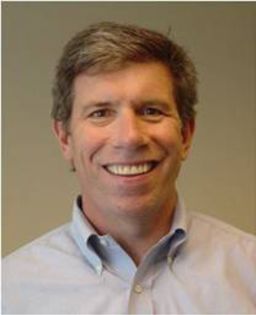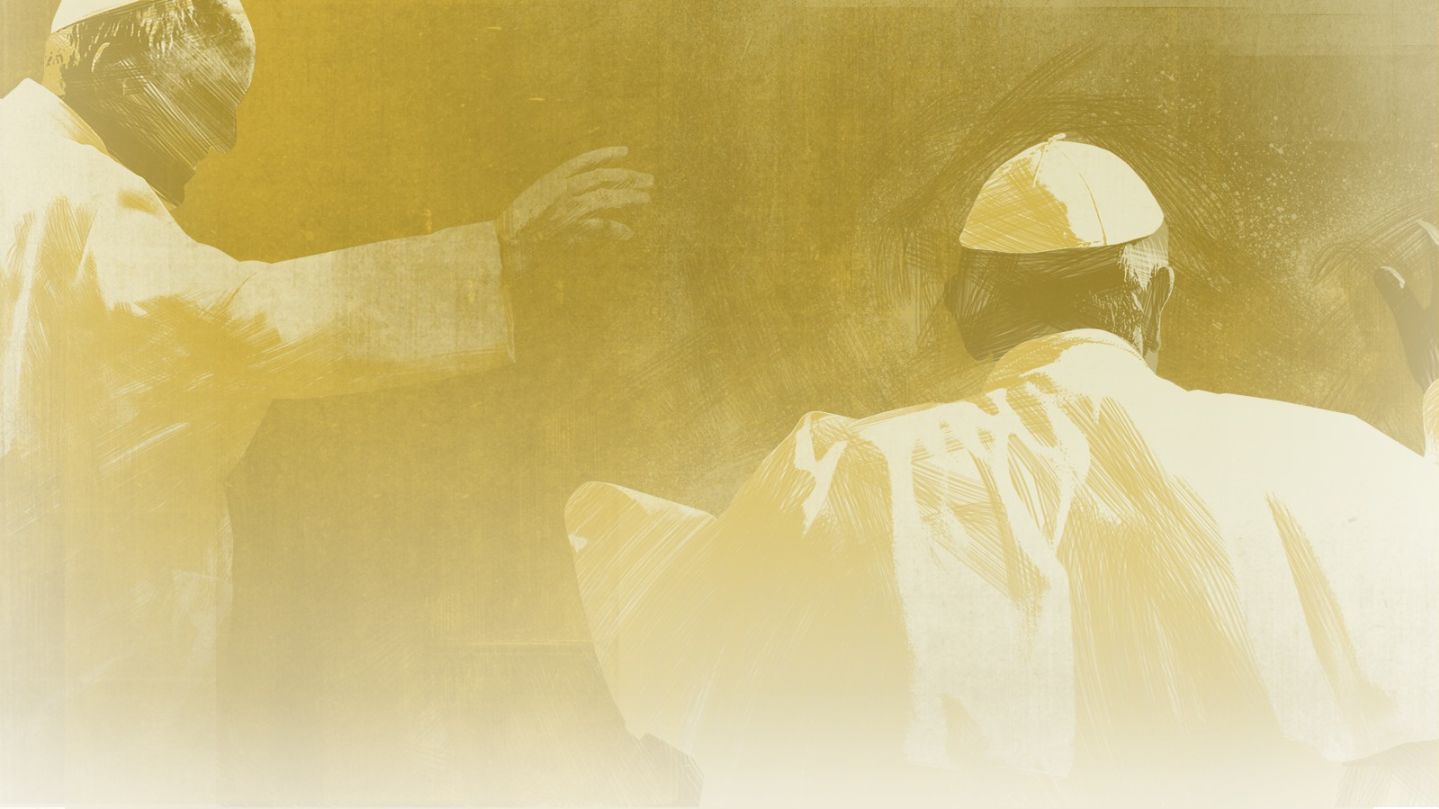Editor’s Note: Brian Frawley, a former Catholic priest, is a principal in the Boston office of Hay Group. His practice focuses on such areas as executive assessment, leadership development, and organizational effectiveness. The opinions expressed in this commentary are his.
Story highlights
Frawley: For Donald Trump, power is about enhancing a person's control while for Pope Francis, it's about enhancing society
The two visions will be on display in the CNN debate Sept. 16 and in Pope's trip to the U.S. the following week
The curious connection that exists between a leader and those being led is, like most relationships, seldom easy to understand or unpack.
David McClelland, the great organizational psychologist, started by studying leaders.

He was especially interested in exploring what he called the “power” motive, the satisfaction that leaders derive from having an impact over others. For McClelland, there are two kinds of power. “Personal power” gathers energy and excitement from winning, from standing over and above others as conqueror and victor. This brand of power reflects a deep need for control, for being the one who takes charge and gets things done.
Donald Trump is the poster child for personal power. More than any other public figure in recent memory, his gleeful chants of “winning at the polls” alongside the endless reveling in his wealth and conquests represents personal power disrobed and on full display.
For him, losing in any form or for any reason is anathema; to be on top and in total command is the only imaginable platform from which to lead. For an apparently increasing number of people, this approach is one that has great appeal. It offers a compelling antidote to the gridlock and ennui that paralyzes our political processes.
A second kind of power is what McClelland calls “social power.” Social power is likewise consumed with having impact over others. But its primary intent is not to brandish one’s personal strength. Instead, it aims to elevate others in a way that cultivates and magnifies their potential.
It draws on inspiring language and symbolic actions to help people find their own power, both individually and collectively, and to use it to positively affect their world. Social power generates energy and enthusiasm to get things done but in a way that is collective and inclusive.
Pope Francis exemplifies this second kind of power – what social power is and the impact it intends. In his short time as leader of a fractured church and a weakened hierarchy, his bold challenges to ignite social reform reveal an unsparing focus on changing hearts.
Apart from his words, his actions offer even clearer evidence of this driver at work. His choice of name and a more humble home reflect a simple recognition that change begins first and foremost from within – a stunning admission, even for a pope.
Two leaders; two different faces of power. What does each one promise and where does following them ultimately lead? The leader who acts out of personal power views himself as an aggressive agent for change. His self-image is of the conquering hero who calls others to line up behind an army of one. This leader’s power offers the promise of quick hits and short term gains but fails to see beyond them.
Well before the victory lap is over, the next challenge awaits and new battle lines are drawn. In the end, personal power excites and energizes the leader at the cost of exhausting and often defeating his followers. Every victory is costly – for all but him.
Social power reflects a uniquely positive perspective on the person. It’s rooted in the conviction that change begins from within and that one person can indeed make a difference. It aims to unleash energy that’s already there with a vision of the future that’s optimistic and hopeful.
Social power, unlike personal power, is generative and enlivening, but in many ways far more demanding. It challenges others to go beyond their comfort zone, to explore their blind spots, to find new ways to live and to love. It offers a message that is both simple and discomfiting – we are responsible for the world we create.
Leadership fueled by social power aims to expand that world in a way that captures the best in us and inspires us to reach out and empower others. By contrast, leadership driven by personal power holds fast to rigid boundaries envisioning a world that is tightly ordered with rights and privileges that are narrowly defined and aggressively protected.
In the next several weeks, these contrasting styles of leadership will be in full view – both from the center of the CNN debate stage on September 16 and behind an outdoor altar in Philadelphia the following week. Their messages will be as distinct and as different as the leaders themselves. One hoping to score a winning point and to set others on their heels, to win at all costs and to leave others behind. The other will challenge people to look beyond themselves and bring others along. To be a force for change that empowers others to become their best selves and to build a better world.
Each of these leaders will command great attention over the airwaves and in the media. The excitement and the enthusiasm that will follow them will be hard to ignore and perhaps often difficult to measure or grasp. And yet, as leaders that we choose to follow, the pathways to change they offer will say a great deal about who they are and what drives and motivates them. But in truth, it may say far more about us, about who we are and the power that we lack and long for.
Join us on Facebook.com/CNNOpinion.
Read CNNOpinion’s Flipboard magazine.


















































